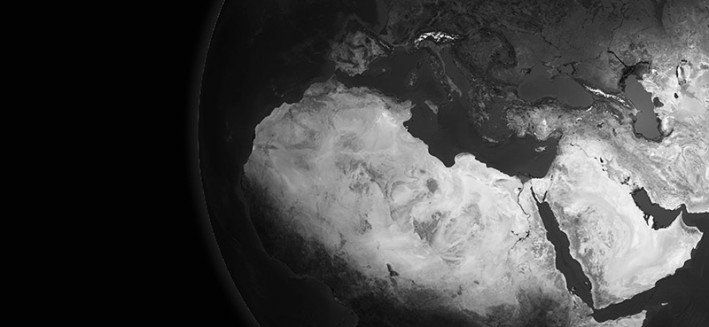Hopes that the recent EU-Africa summit would see the start of a new and equal relationship between the two regions seemed dashed before the meeting was even underway.
The row over the refusal to grant Zimbabwe’s First Lady a visa led to President Mugabe boycotting the Brussels event and South Africa’s Jacob Zuma sending a junior minister in his place.
Explaining his decision, President Zuma said Africans had the right to choose their own delegations and would no longer be “looked on as subjects” by Europe.
It was a reminder that, whatever Europe may think of the Zimbabwean leader, he retains support within Africa both for his position as head of state and his history as a freedom fighter.
It was also a symbol of the sensitivities and tensions which continue to dog relations between African countries and their former colonial masters.
But while the public spat did not provide the best of backgrounds for the meeting, the discussions of those who did take part underlined that both sides should have too much at stake to retreat into old positions.
EU members remain the continent’s largest donors of development assistance – a position reinforced when during the summit, the EU committed to spend 28 billion euros in aid.
The EU is also a valuable partner, working closely with African governments to help improve security and stability.
AU troops and naval forces in the Horn, for example, receive direct and indirect support. And increased co-operation to end violence in strife-torn Central Africa Republic was a major topic in Brussels.
There is a reason, of course, for this concern which goes beyond history or personal links.
Africa is Europe’s near neighbour, separated in geographical terms by a very narrow stretch of water.
Europe’s leaders understand that the Mediterranean is no barrier to Africa’s problems spreading to their continent.
But it is trade which is the clearest sign of why a new, modern and much more equal relationship needs to be forged at a national level.
Africa, for its part, is home to the some of the fastest growing economies in the world. These markets offer real, as yet untapped, opportunities for Europe as it recovers from years of recession.
China, of course, is now a very significant economic player in Africa, both through investment and as a trading partner.
But while much is made of this burgeoning relationship, it is, by no means, all good news for the continent.
While it varies from country to country, China heavily buys natural resources from Africa and, in turn, floods Africa with cheap manufactured goods.
Although no one would argue that trade with Europe is well balanced, the continent does more to provide jobs for Africa’s young people, a major concern to Africa’s leaders.
We are also seeing more African and European companies and entrepreneurs working together in genuine partnerships.
It is just that the language and relations at government level and above don’t always reflect these new, equal relationships being forged by their citizens.
We need a concerted drive on both sides to put this right by re-assessing how they communicate and focusing far more seriously on the future than the past.
It requires Africa to resist the temptation to play West and East off against each and to stop mortgaging future generations for domestic political short term gains.
Europe must be serious about helping Africa overcome demographic and economic challenges which, in turn, will have a positive impact on their prosperity.
Investment in public goods is vital as Africa faces a massive youth bubble, urbanisation, rising populations, climate change and food insecurity.
A key sign of whether there is the will to shape this new relationship will be the signing of the Economic Partnership Agreements (EPA) between EU and African countries.
The October deadline is fast approaching. If there is real progress, then the row over Mrs Mugabe will very quickly be forgotten.

